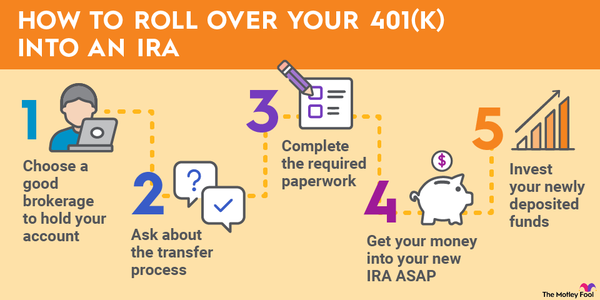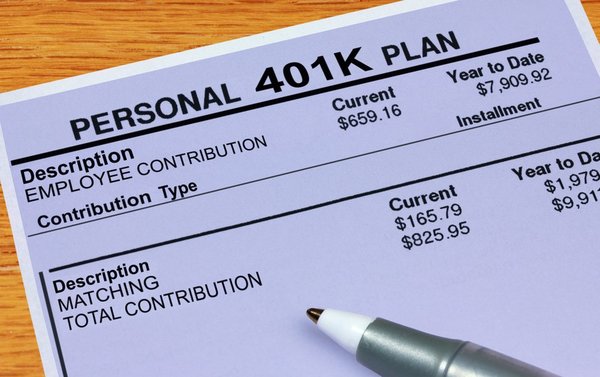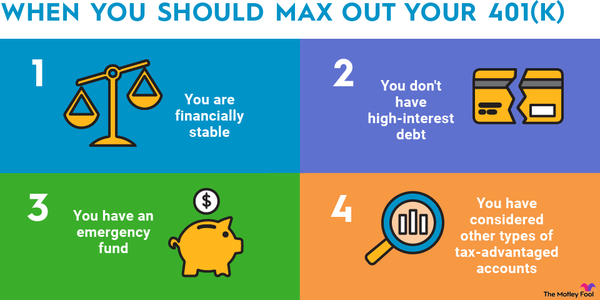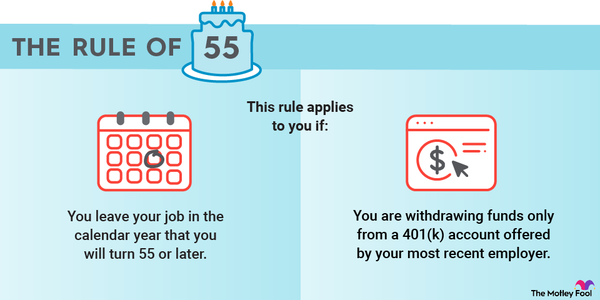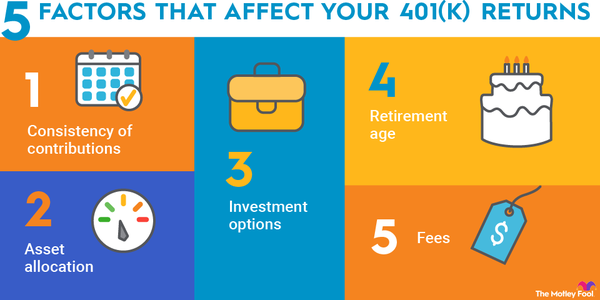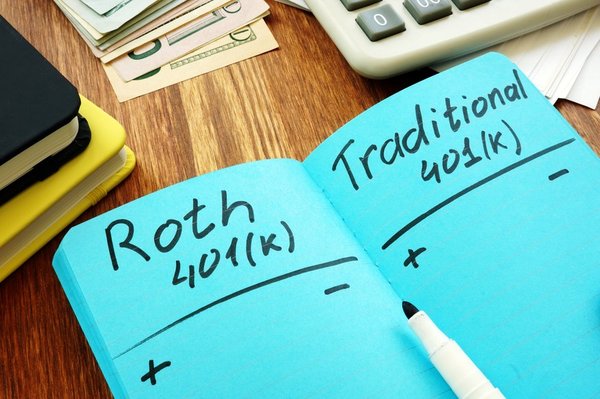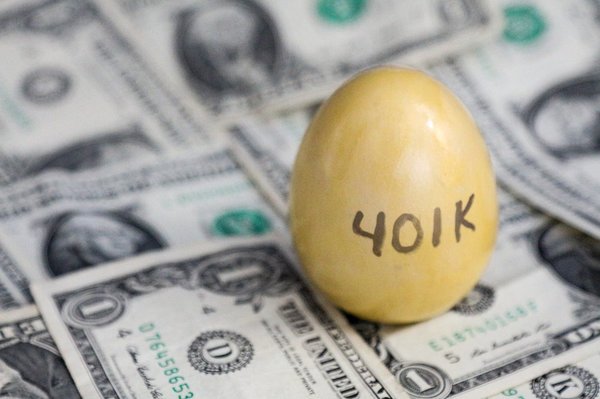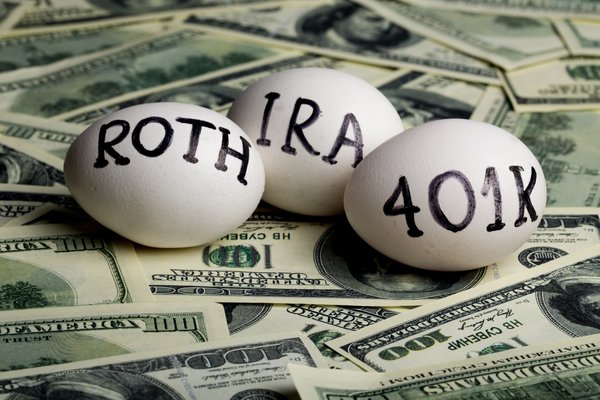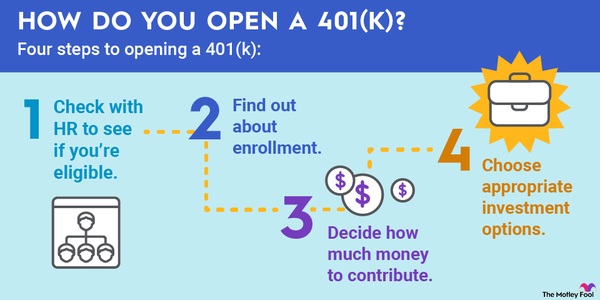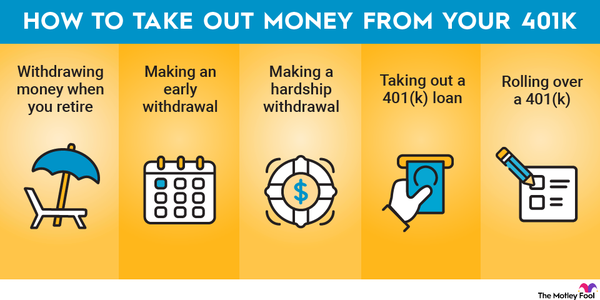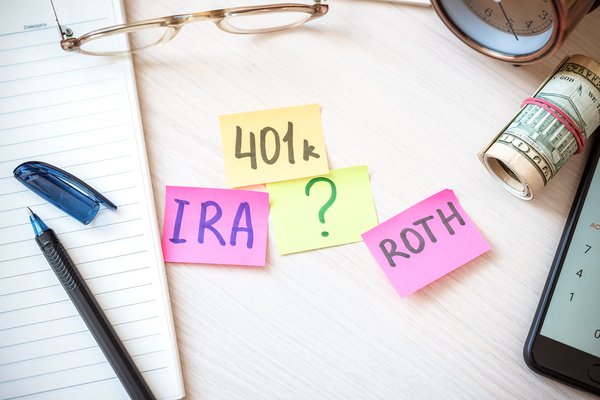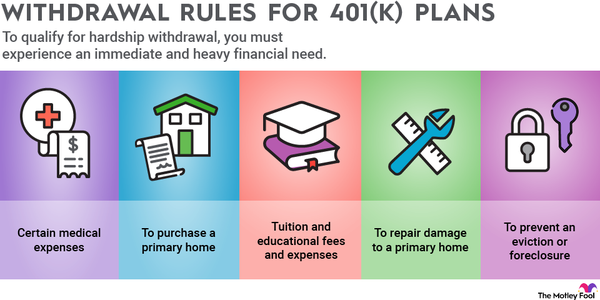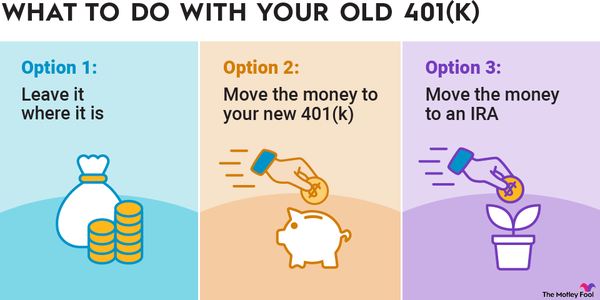If you just realized you overcontributed to your 401(k), rest assured that it's all going to be OK.
The big fear everyone has when they find they've overcontributed to their 401(k) is that they'll have to pay taxes and penalties. If you act fast enough, you'll only pay extra taxes on the earnings attributable to the overcontribution. But, if you act slowly, you'll end up paying a lot more, including double taxes on the overcontribution and a potential early withdrawal penalty.

What is a 401(k) overcontribution?
An overcontribution happens when you defer more than the maximum allowed by the IRS to a 401(k) plan in any given year. For 2024, the IRS will limit 401(k) employee contributions to $23,000. If you're 50 or older, you can contribute an extra $7,500 as a catch-up contribution. In 2023, the limits was $22,500, plus an additional $7,500 catch-up contribution for workers 50 and up.
Overcontributions most commonly happen when a person contributes to more than one 401(k) plan in a year. This can happen if you switch jobs midyear, if you work two jobs, or (in rare instances) if you get a substantial raise midyear while keeping your contributions as a percentage of your paycheck the same.
It's important to differentiate between what is an overcontribution and what isn't. Catch-up contributions are not overcontributions. Any matching contributions from your employer won't push you above the wage deferral limit either. The IRS allows total contributions from both the employee and the employer to reach a much higher limit than the employee salary deferral. For 2024, that amount is $69,000, or $76,500 for those 50 and older. For 2023, the limits were $66,000, or $73,500 for those 50 and older.
What to do if you've overcontributed to your 401(k)
If you find you've overcontributed to your 401(k), contact your employer or plan administrator as soon as possible. Tell them you've made an excess deferral and the amount. It's best if you catch this error before Tax Day (which is April 15 in 2024) in the year following the overcontribution.
Once you've alerted your plan administrator, processing your overcontribution error may take a bit of time. The plan administrator is required to distribute the excess deferral and earnings attributed to those funds by a certain date laid out in the 401(k) plan. Earnings are calculated based on the total change in value of the account since the overcontribution.
It's important that this process be completed before the tax deadline of the year after the overcontribution is made, so you need to check all your W-2s and records as soon as you get them to make sure you have time to correct the error if you overcontributed.
What overcontributions mean for your taxes
If you overcontribute, you might have to pay extra taxes. Once the mistake has been corrected, you'll get some new tax forms from HR.
The first form is an amended W-2. The new W-2 will show an increase in taxable wages equal to the amount of the overcontribution. That's the number you'll need to report to the IRS on your form 1040 for the year of the corrected W-2. If you've already filed taxes for that year, you'll have to file an amended return.
You'll also receive a 1099-R for the distribution of earnings tied to your overcontribution. You'll receive this in January of the year following the year the overcontribution was paid back.
That 1099-R might be a much higher amount (meaning more taxes) if you don't catch and correct the overcontribution error before tax day of the year following the overcontribution. That's because the IRS says that for corrections after that deadline, the overcontribution "is not included in the employee's cost basis in figuring the taxable amount of any eventual benefits or distributions under the plan."
In other words, instead of the 1099-R reflecting just the earnings on the overcontribution, it'll reflect the total distribution, including the initial overcontribution. That means you effectively get taxed twice on that income -- once in the year you earned it and again in the year you corrected the overcontribution.
Another penalty for finding the error late is paying the standard 10% early distribution penalty. This applies to overcontribution distributions corrected after the Tax Day deadline for employees younger than 59 1/2.
Where to put your money instead of overcontributing
If you have lots of room in your budget for additional retirement savings, here are a few options to consider:
IRA
An individual retirement account offers very similar benefits to a 401(k). In fact, an IRA can give you more control over your investment options and usually has lower fees. While a 401(k) usually limits your investment choices to a few mutual funds and ETFs, you can invest in practically anything your broker offers with an IRA.
Since you have a 401(k) at work, you'll have to be conscious of income limits that can affect your eligibility to deduct your contribution on your tax return, or, in the case of a Roth IRA, to contribute at all. For 2024, the contribution limit is $7,000, up from $6,500 in 2023. In both 2023 and 2024, an additional $1,000 catch-up contribution is allowed for those 50 and older.
HSA
A health savings account is a hybrid savings and investment account that lets you set aside funds to be used to cover healthcare expenses. The money you contribute goes in tax-free, at which point you can invest it and enjoy tax-free growth on it. Your withdrawals are also tax-free, provided they're used to pay for qualified medical expenses.
HSAs require you to hold a qualifying health insurance plan, so check your plan details to make sure you're eligible. For 2024, you can contribute up to $4,150 as an individual, or $8,300 as a family. In 2023, those limits were $3,850 and $7,750, respectively. Those 55 and older can make an additional $1,000 contribution in both 2023 and 2024.
A traditional (non-tax-advantaged) brokerage account
The downside of putting money into a traditional brokerage account is that you won't get a tax break out of it, and you'll be liable for taxes on your investment gains year after year.
The upside? You'll have the opportunity to use that money for whatever purpose you'd like. You can save all of it for retirement, or you can earmark much of it for your golden years but also access that cash for other needs or wants that pop up along the way, such as home improvements, vacations, or your kids' college tuition.
Related retirement topics
Annuity
An annuity is a contract between you and an insurance company. In exchange for a lump sum up front, the issuer of your annuity agrees to pay you a certain amount of money -- either a lump sum in the future or a series of payments over time. Because annuities are complex and can sometimes come with high fees, they're often regarded as a last-resort option for retirement savings, especially since there's no tax break involved in funding one. But if you're looking for another dedicated source of retirement income and you've already maxed out your 401(k), an annuity is worth considering.
If you're fortunate enough to be in a position where you've maxed out a 401(k) and still have money to save, it pays to put that cash to good use. IRAs, HSAs, traditional brokerage accounts, and annuities are all reasonable options for socking away extra funds to use in retirement one way or another.











